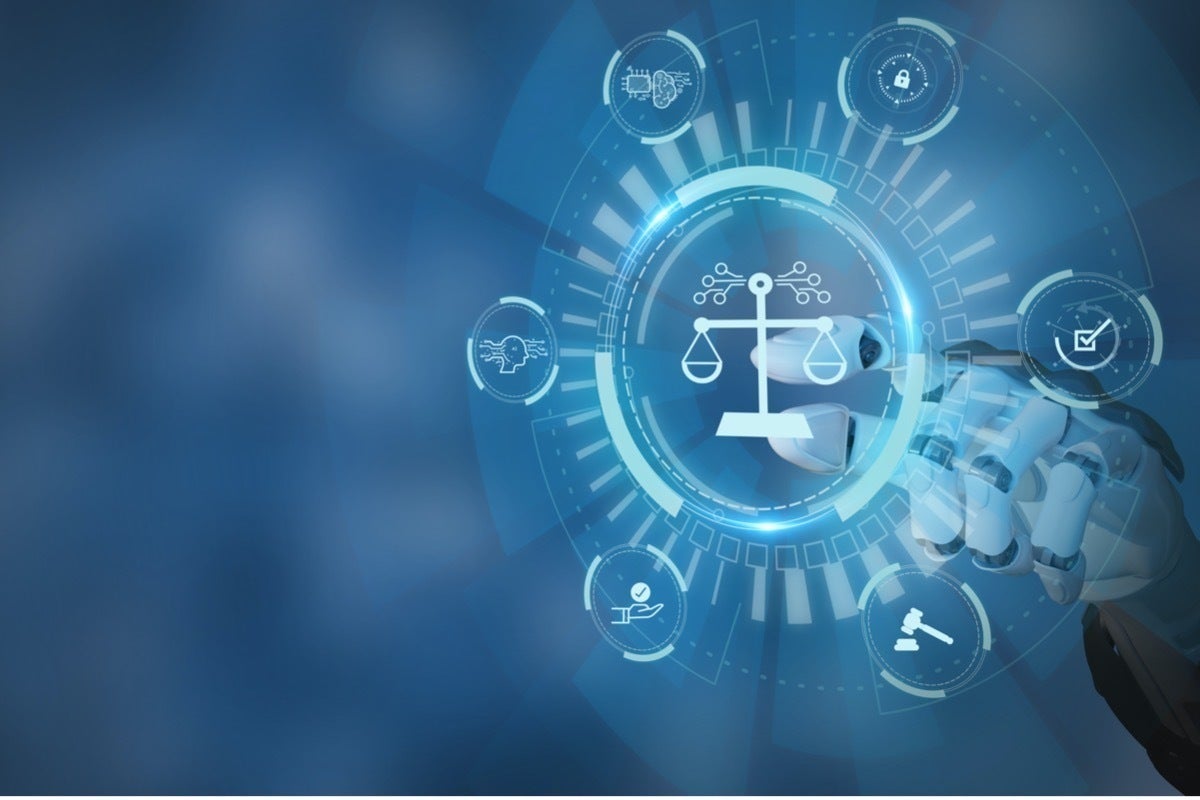Microsoft is promising to defend customers of its Copilot AI assistant against copyright lawsuits, the company said in a statement Thursday.
Customers are worried that outputs from the generative AI assistant could infringe on copyright law, putting them at risk of legal claims, Microsoft said. To address those concerns, the company pledged to “defend the customer” and pay any judgments or settlements incurred as a result of lawsuit.
The Copilot Copyright Commitment applies to customers that use the “guardrails and contents” built into its software products, Microsoft said.
“Like all new technologies, AI raises legal questions that our industry will need to work through with a wide array of stakeholders,” said Brad Smith, Microsoft vice chair and president, and Hossein Nowbar, CVP and chief legal officer. “This step represents a pledge to our customers that the copyright liability of our products is ours to shoulder, not theirs.”
Microsoft is currently building its Copilot into a range of business, security, and office software offerings. Hundreds of large businesses are already taking part in a pilot rollout of Copilot within the Microsoft 365 suite of apps, for example, which includes productivity and collaboration applications such Word, Outlook, Excel, and Teams.
The Copilot AI assistant is designed to save users time by automating tasks, such as writing draft text in documents and emails. However, it also has the potential to produce unwanted outputs, such as inaccurate information or copyrighted material, that can find their way into a customer’s own content. Generative AI tools such as Microsoft’s Copilot rely on large language models (LLMs) that are trained on a wide variety of data sources that can include books, articles, or software code owned by individuals and businesses.
Microsoft said it already has content filters in place to reduce the likelihood of Copilot generating copyright-infringing material in its responses. However, it acknowledged that more needs to be done to allay the concerns of customers considering the use of genAI tools within their organization, as well as protect those that create the content its models are trained on.
Microsoft, OpenAI, and GitHub have already faced a copyright lawsuit that claims the GitHub Copilot was trained on public GitHub repositories. The class-action complaint, filed last year in the US District Court in San Francisco, alleges that the GitHub Copilot violates the rights of developers who posted code under open-source licenses on Microsoft-owned GitHub.
2023-09-09 00:00:04
Original from www.computerworld.com
